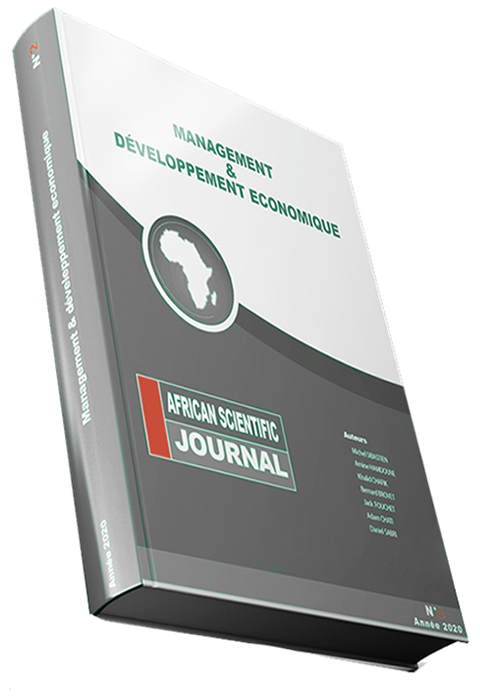IFRS and the Value Relevance of Earnings and Book Value: Evidence from the Emerging Market of Morocco
DOI:
https://doi.org/10.5281/zenodo.16646828Abstract
Abstract:
This study examines the impact of International Financial Reporting Standards (IFRS) adoption on the value relevance of accounting information in an emerging market context. Based on a quantitative approach using panel data analysis, the study relies on the Ohlson (1995) price model and panel regressions to test the explanatory power of earnings per share (EPS) and book value of equity (BVPS) for stock prices. The empirical analysis draws on a sample of 76 non-financial firms listed on the Casablanca Stock Exchange over the 2009–2019 period. The findings reveal that the book value of equity is significantly more value relevant for IFRS-adopting firms, while the relevance of EPS varies depending on firm-specific factors and sectoral characteristics. These results highlight the partial benefits of IFRS in improving transparency and comparability but also point to the persistent influence of institutional environments. By focusing on a pre-pandemic period, the study ensures a stable economic setting and minimizes COVID-related distortions. This research contributes to the scarce literature on IFRS implementation in North Africa and provides insights for regulators, investors, and policymakers seeking to improve financial reporting quality in emerging economies.
Keywords: IFRS adoption, value relevance, Ohlson model, EPS, book value, Morocco, emerging markets, Casablanca Stock Exchange
Downloads
Published
How to Cite
Issue
Section
License
Copyright (c) 2025 African Scientific Journal

This work is licensed under a Creative Commons Attribution-NonCommercial-NoDerivatives 4.0 International License.





















